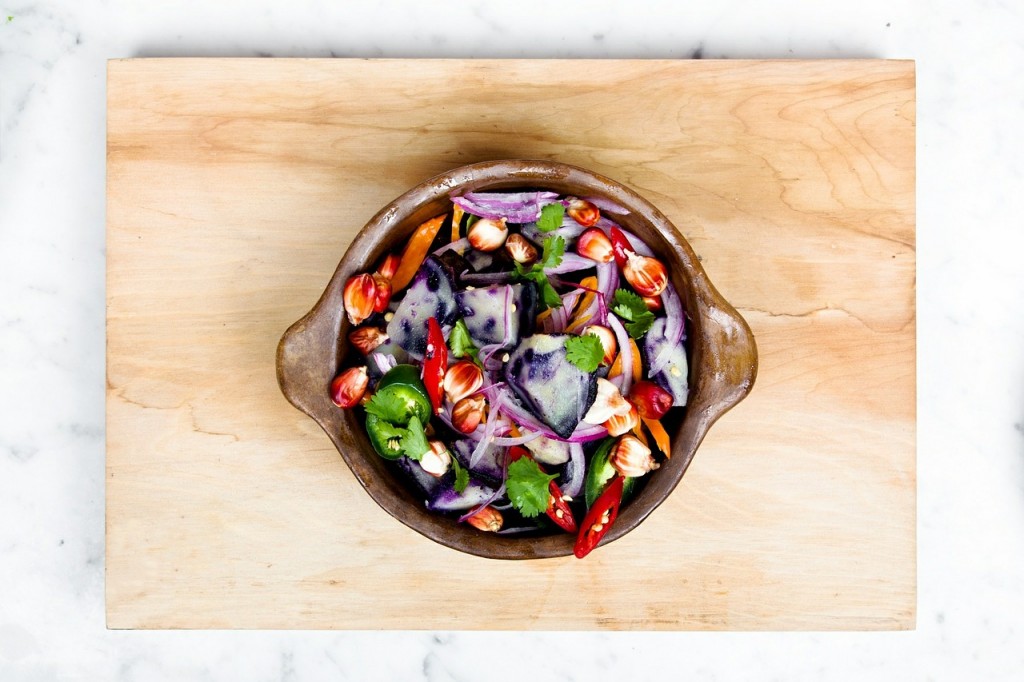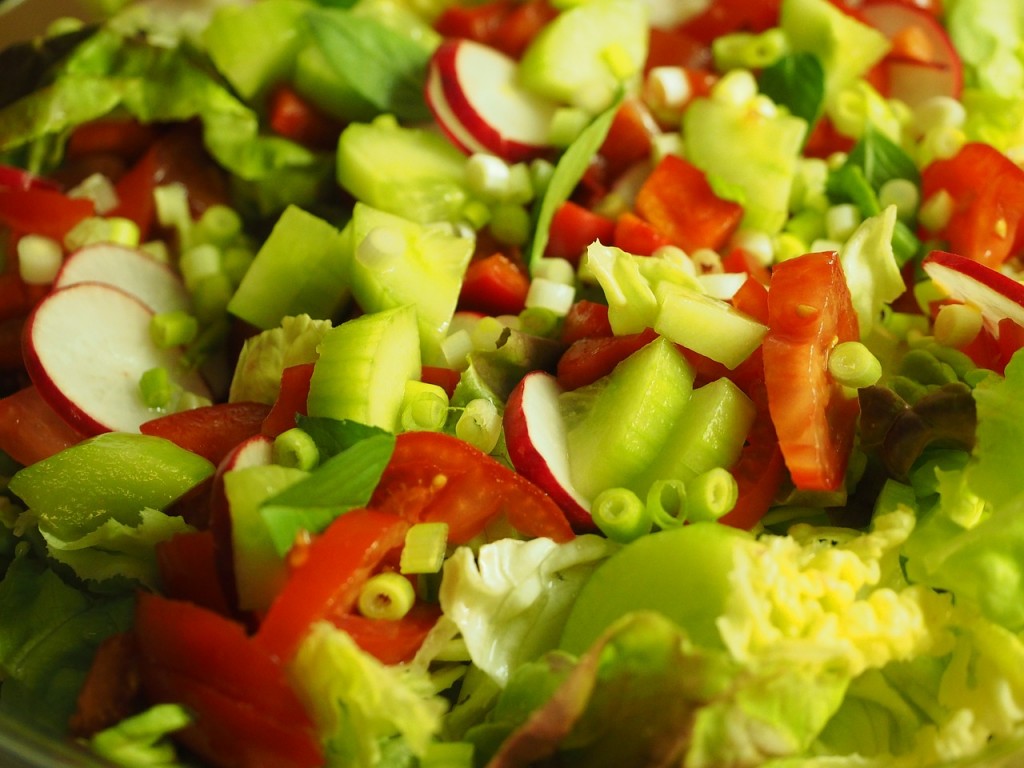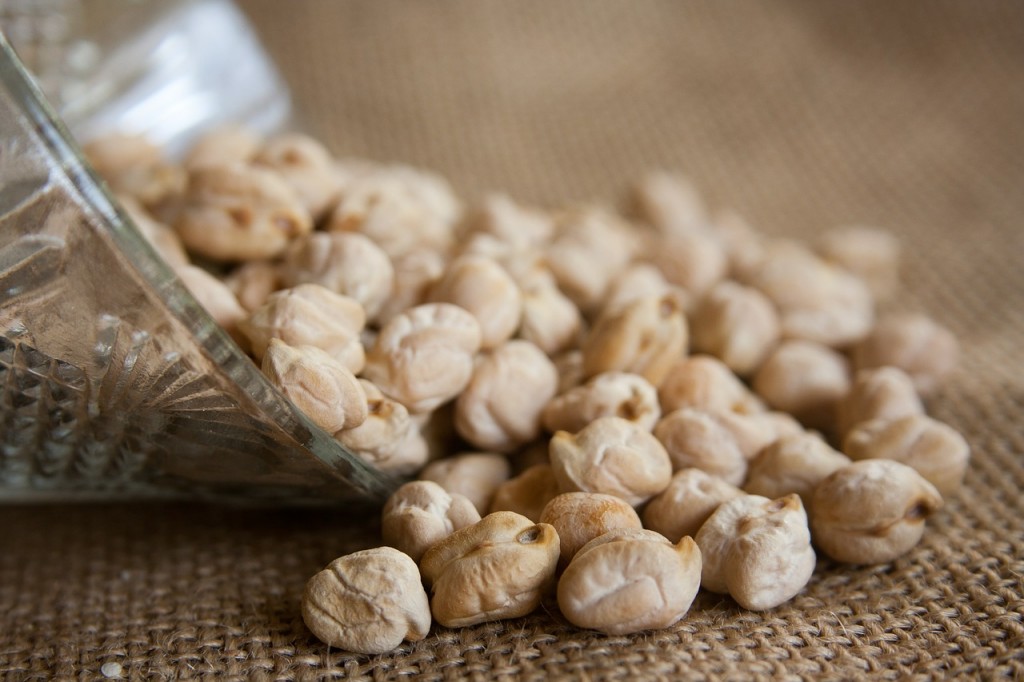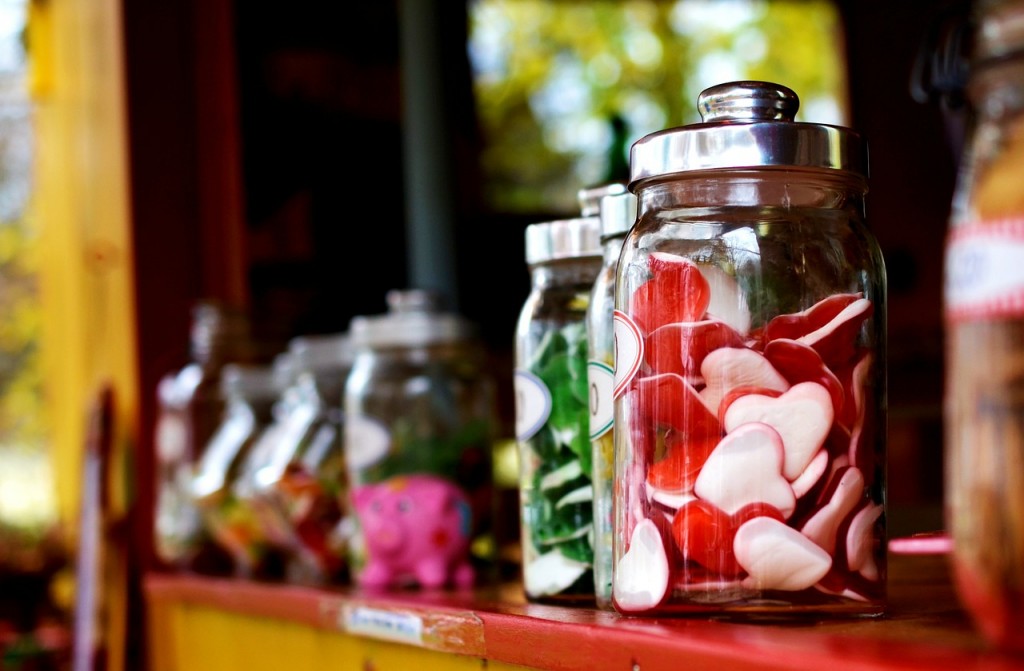Veganism is a lifestyle which seeks to exclude the consumption and purchasing of any products of animal origin. Those eating a vegan diet seek to stand against the exploitation of and cruelty towards animals by not eating meat, dairy, eggs or honey.

Vegans follow a diet similar to vegetarian diets, but without dairy, eggs, or honey.
Additionally, vegans generally do not wear leather, fur, silk or wool and avoid using products which test on animals – including beauty, health, and cleaning products.
Why go vegan?
For some people, veganism is a health choice, a diet full of fruit and vegetables and low in saturated fat. For most it’s due to ethical reasons – they wish to create a more humane world by standing against cruelty to animals. Ethical vegans will agree that they believe animals have the same rights we do, and just because they cannot speak up against the harm that comes upon them, this does not been they are less worthy. Ethical reasons are also why many people turn to a vegetarian diet, too.
Vegans will usually try to eliminate any animal derived products and foods from their lives, including pharmaceutical, make-up and cleaning products which go through animal testing.
Foods to avoid on a vegan diet:
- All meats and fish
- Dairy products – milk, cheese, butter, eggs
- Honey
- Marshmallows and jelly sweets (if they contain gelatine or cochineal)
There are a number of animal-derived products which are not made always obvious when purchasing products. One key one is gelatine, which is derived from animals (mostly cows and pigs) and frequently used in sweet products, especially jelly sweets. Gelatine is obtained by boiling skin and ligaments and/or bones.
Gelatine is also used in marshmallows, cakes, ice cream and yoghurts, or in drugs and vitamins as capsules. It will sometimes appear on packaging as ‘Gelatine (Bovine) or (Beef)’ but usually will just say gelatine, so unless you are aware of its animal origins you could unknowingly consume animal products.
Another non-vegan food ingredient you may not be aware of is cochineal (aka carmine). It us a red pigment from the crushed cochineal insect. The colouring is used in cosmetics, such as shampoo, and in confectionary like lollipops, sweets, and also in cakes with a pink or red colour (beware of angel cake and fondant fancies). Its E-number is E120, so look out for that when reading ingredients.
A surprising everyday product which you must check is suitable for vegetarians and vegans is sugar. Many sugar manufacturers use bone char (aka natural carbon) to process the sugar, which is originated from the bones of cattle. Veggie suitable brands include: Tate & Lyle (bar one), Silver Spoon (bar one) and Billingtons (again, bar one).
Foods to eat on a vegan diet:
- Lots of fruit and vegetables
- Plenty of starchy foods
- Non-dairy sources of protein such as beans and pulses
- Some dairy alternatives such as soy milk, vegan butter
- A small amount of fatty and sugary foods
It is important to include all of these elements in your vegan diet, as if you don’t you may miss out on essential nutrients like calcium, iron and vitamin B12. Similarly to a vegetarian diet, it is important to stock up on fruit and vegetables, starches and protein sources all packed with goodness.
You can visit our guide on dairy-free diets for ideas on how to get enough calcium.

Foods often containing egg:
- Cake, pancakes, meringues and biscuits
- Egg pasta
- Prepared meat dishes
- Quorn products
- Gravy granules
- Quiche and omelette
- Mayonnaise
- Some ice creams
- Some cheeses
It is important to always read the labels before you buy, and regularly check the ingredients as they may change.
Alternatives to eggs for use in cooking:
- Egg replacement products
- Tofu
- Yoghurt/Soy yoghurt
- Bananas
- Vegetable oil
As eggs and meat are high in protein, you should aim to keep up your protein intake by eating alternatives.

Vegan foods high in protein:
- Quinoa (a gluten-free grain crop with edible seeds)
- Tofu or tempeh (soy products)
- Beans (kidney beans, chickpeas, black beans)
- Vegetables (especially kale, spinach and peas)
- Non-dairy milk (see our list of non-dairy milks in our guide on eating Dairy-Free).
- Lentils (you can make rice dishes, veggie burgers and more)
If you’re interested in becoming a vegetarian, rather than vegan, check out our top 5 tips for going veggie. Many of our tips apply to veganism too.
For vegan recipe inspiration, visit our vegan recipes section!

